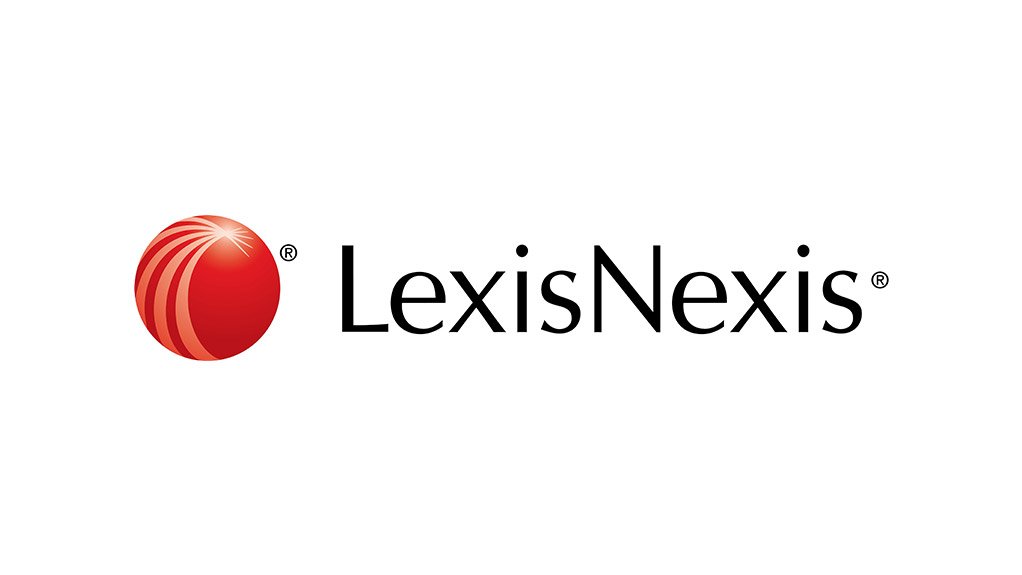Profit is the ultimate objective of every business operation. However, there are several threats to revenue including market competition, internal fraud, poor leadership, high expenditure, regulatory obligations and weak links in the supply chains, particularly concerning vendors.
“Working with the wrong vendor could cost you money and customer’s trust,” says Rudi Kruger, general manager of Risk Solutions at LexisNexis Data Services. “Simply put, businesses that source goods or services from untrustworthy sources run a great risk of failing to meet their own obligations to customers.” Serious vendor risks include:
Unreliability – “A vendor that fails to deliver on its promise is a threat because their failure can have ripple effects on your organisation if the supplies are to be directed in some way to your customers. And a doomed customer situation is guaranteed to affect the bottom line,” said Kruger.
“It is important to ensure that your vendor is in a position to deliver goods or services to the expected quality standard on time. While this type of assurance can best come from past experience, there are other means in which to determine a vendor’s reliability, including background checks and referrals.”
Poor financial health – “Financially secure vendors are more likely to deliver effectively and on time, whereas vendors facing financial difficulties may have to overcome a set of challenges to meet your needs and you never want a supplier to cut corners when fulfilling your order,” said Kruger.
“A review of the vendor’s financial status and spending patterns can highlight negative financial facts about your vendor.”
Vendors/employee relationships – “Fraudulent activities between vendors and your employees create a host of challenges to the business. Vetting both vendor and your employees is highly recommended,” said Kruger.
Things to look out for with the procurement process include:
- Pass-through schemes, where an employee or contractor sets up a business, which supplies goods or services to client.
- Conflict of Interest, which occurs when an individual or organisation is involved in multiple interests, one of which could possibly corrupt the motivation for an act in the other.
- Shell company schemes, which enable an entity that has no active business and usually exists only in name as a vehicle for another company’s business operations.
- Tender fraud, where the manipulation of the bidding/tendering process between employees of the issuer of the bid and the bidding company lead to bribes and kickbacks.
The best way to protect your business from unreliable or questionable suppliers is to take preventative measures, rather than having to carry out damage control.
“This is why vendor vetting is imperative prior to establishing a business relationship with a vendor because no business is immune to the possible shortcomings of a vendor relationship,” said Kruger.
A solution that is extremely useful in the procurement process is Lexis ® ProcureCheck, an easy to use web based system designed to help you identify and prevent fraud schemes. Lexis ProcureCheck assists with procurement vetting and vendor management, and facilitates the verification of various data sets, providing linkage to identify possible conflicts of interest, pass-through schemes and shell companies.
It also enables users to investigate negative and positive news on vendors and employees to assist in mitigating reputational risk. Another key benefit is that it assists supply chain management officers to ensure compliance with the Public Finance Management Act and the Municipal Finance Management Act.
For more information, click here.
EMAIL THIS ARTICLE SAVE THIS ARTICLE ARTICLE ENQUIRY
To subscribe email subscriptions@creamermedia.co.za or click here
To advertise email advertising@creamermedia.co.za or click here











